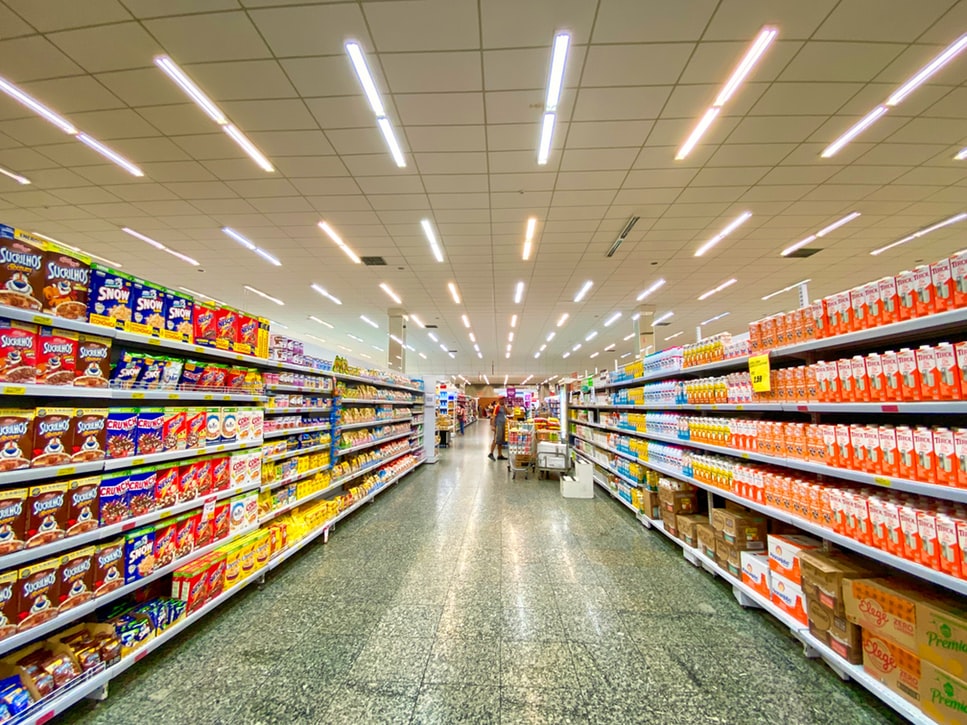 Sponsorship, as we know it today, has existed in sport for the last 60 or so years, with Formula 1 and football being two of the pioneers of the practice. By agreeing sponsorship deals, the sports teams were able to create a new revenue stream that allowed them to strive for further sporting success.
Sponsorship, as we know it today, has existed in sport for the last 60 or so years, with Formula 1 and football being two of the pioneers of the practice. By agreeing sponsorship deals, the sports teams were able to create a new revenue stream that allowed them to strive for further sporting success.
Nowadays, these sponsorship deals are worth millions of dollars to teams, players, leagues, and broadcasters each year, thanks to the large audiences they pull in. Without them, the large salaries and lavish stadiums would not be possible.
Traditional Sponsors
Over the years, the majority of sponsors have been aspirational and recreational brands. Typically manufacturers of designer watches, sportswear brands, drinks companies, and sports betting companies have lined the sides of pitches, and been emblazoned on the chests of athletes.
Then there have been the banks, technology manufacturers, and insurance companies. In the 80s and 90s, brands like Canon and Candy were everywhere in sport. More recently it’s been the likes of RBS, Barclays, and AIG.
Grocery Brands
Sponsorship by grocery brands has been far less frequent. With the odd exception, like Cadbury being the “official snack partner” of the Premier League and the Olympics, retailers and manufacturers alike have shunned sponsoring top flight sport.
Things have been changing recently, though. In 2015, Lidl announced a sponsorship deal with the English FA to become the “official supermarket of the England team”. Just months earlier, its rival, Aldi, announced it would become the “official grocer” of the British Olympic Team.
These two German brands have been trying to take market share away from the established supermarkets in the UK for the best part of a decade, and sponsorship of national teams is a way to demonstrate their commitment to the country.
Horse racing is another sport where grocery brands are appearing. Along with the traditional selection of drinks brands, bookmakers, and financial services companies, Albert Bartlett is a sponsor of the Cheltenham Festival. It has naming rights of The Albert Bartlett Novices’ Hurdle Race. This is a 3 mile hurdle race with £125,000 of prize money up for grabs, with the horse, Thyme Hill currently favourite to win.
Only a UK Phenomenon?
This lack of grocery brand sponsorship may be a regional phenomenon, however. In the US, the NFL is sponsored by several grocery brands, including Campbell’s Soup, Frito-Lay, Mars, Quaker Oats, Dannon, and Pepsi. While in Germany, some Bundesliga teams are sponsored by grocery companies, including the Tedi chain of supermarkets and Schwarzwaldmilch (Black Forest Milk).
Is the tide turning for the sponsorship of sport by grocery brands? It’s a little too soon to tell, but with the supermarket sector saturated, the biggest players need to find a way to hold on to their positions against the newer competition.




Comments are closed.